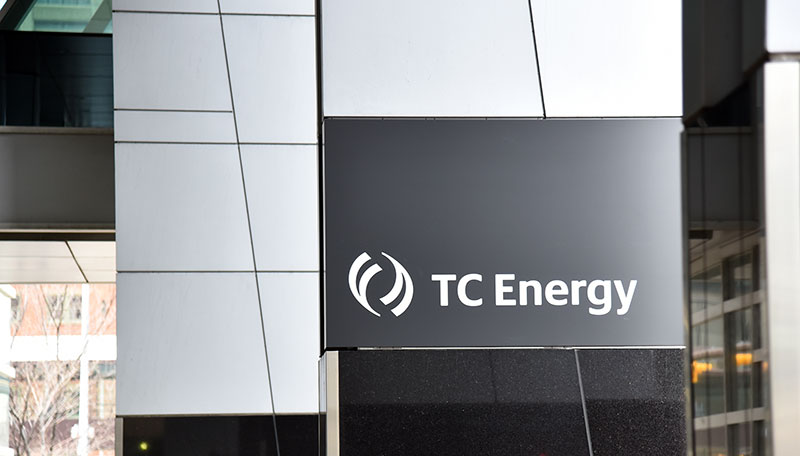August 2020, Vol. 247, No. 8
A Week Like no Other
Supreme Court Reinstates Permit 12, Excludes Keystone XL
By Jeff Awalt, Executive Editor
The U.S. Supreme Court reinstated the Army Corps of Engineers’ (Corps) use of Nationwide Permit 12 but refused to let TC Energy resume construction of its Keystone XL pipeline under the fast-track permit.
U.S. District Judge Brian Morris of Montana ruled in April that the Corps violated federal law by failing to adequately consult on risks to endangered species and habitat, and that it must comply before it can apply the nationwide permit to any project.
That ruling not only affected Keystone XL, but also threatened to delay more than 70 pipeline projects across the United States and add up to $2 billion in costs, according to industry estimates.
The Trump administration, in July, asked the Supreme Court to revive Permit 12 and allow Keystone XL and other new oil and gas pipelines to resume construction across waterways. On Monday, the high court accepted the request to lift a court-ordered freeze on the program but singled out the Keystone XL project in a one-paragraph order without explaining the rationale for its decision.
“The application for stay presented to Justice Kagan and by her referred to the Court is granted in part and denied in part,” the justices wrote. “The district court’s May 11, 2020, order granting partial vacatur and an injunction is stayed, except as it applies to the Keystone XL pipeline, pending disposition of the appeal in the United States Court of Appeals for the 9th Circuit and disposition of the petition for a writ of certiorari, if such writ is timely sought.”
TC Energy said in a statement on the ruling that it remains “fully committed” to the Keystone pipeline but will continue to evaluate its 2020 U.S. scope.
“While today’s ruling from the Supreme Court is positive for the oil and gas industry overall, it continues to delay large portions of construction on our Keystone XL project and the thousands of high-paying union jobs that come with it,” the company said.
The Supreme Court ruling was welcome news for other pipeline projects, following Sunday’s cancellation of the Atlantic Coast natural gas pipeline and a Monday court order to shut down the Dakota Access crude oil pipeline.
However, Paul G. Alfonso, American Petroleum Institute’s (API) chief legal officer and senior vice president, said it also should have included Keystone XL, and API will continue working for its approval.
“This is a significant step toward restoring more certainty for energy companies but declining to revive the permit for Keystone XL is short-sighted as the project has already been thoroughly reviewed for well over a decade,” Alfonso said.
“As this case moves forward, we will urge the U.S. Court of Appeals for the Ninth Circuit to reinstate the permit for all pipeline projects, including Keystone XL,” he said.
The legal morass has not halted all construction on the $8 billion Keystone XL. Work began on a span across the Canada-U.S. border in early April after the provincial government of Alberta invested $1.1 billion to jumpstart work.
About 100 workers were to be involved in the early stages of construction, but that number is expected to swell into the thousands if work is allowed to proceed.
Originally proposed in 2008, the 1,200-mile (1,930-km) Keystone XL is designed to carry up to 830,000 bpd of crude oil to refineries and export terminals along the U.S. Gulf Coast.






Comments